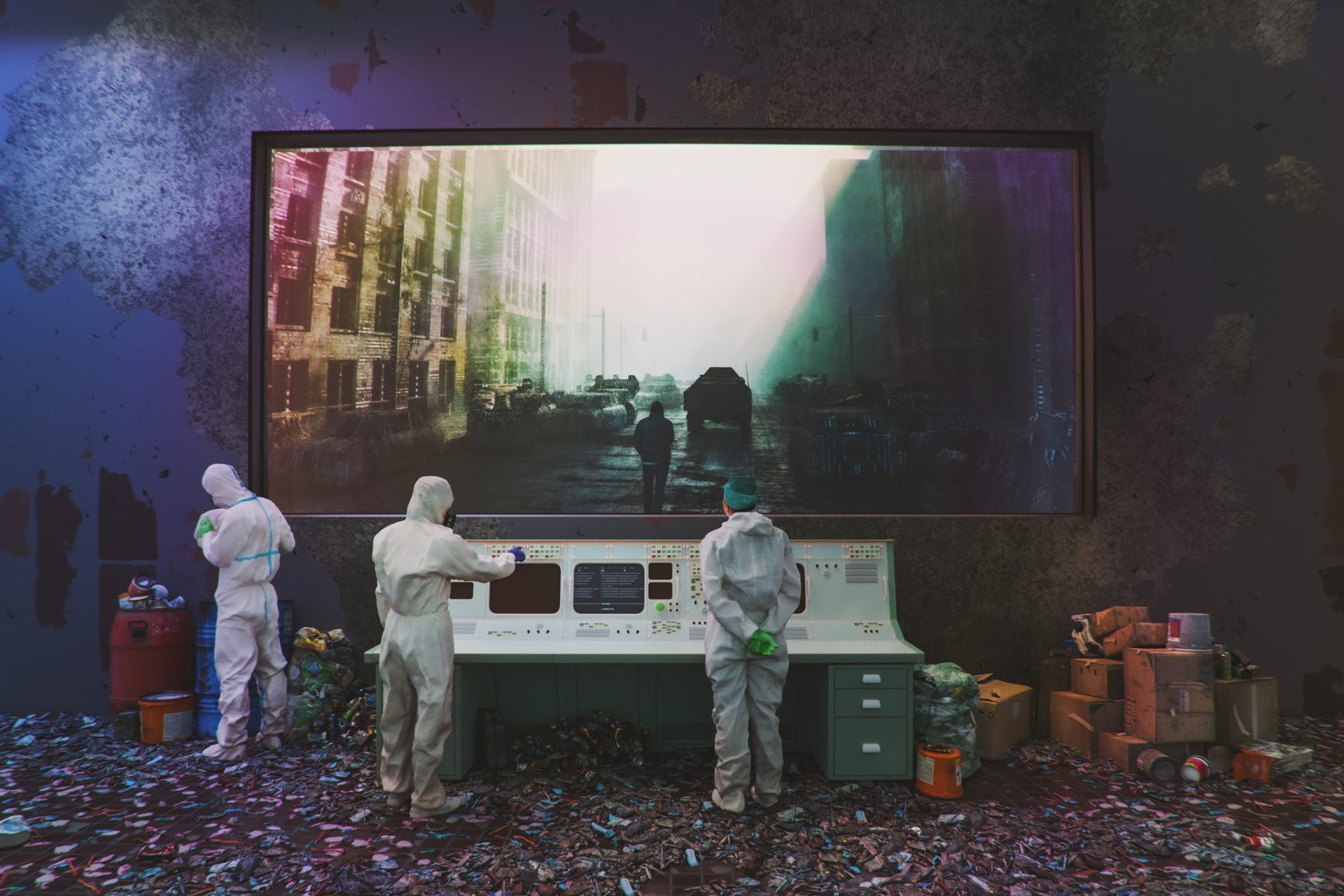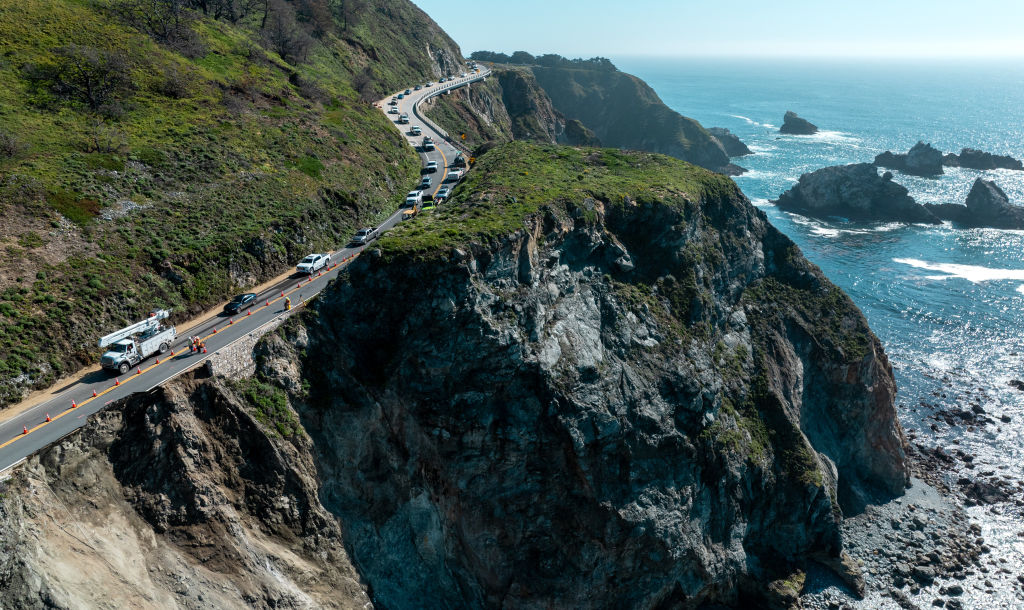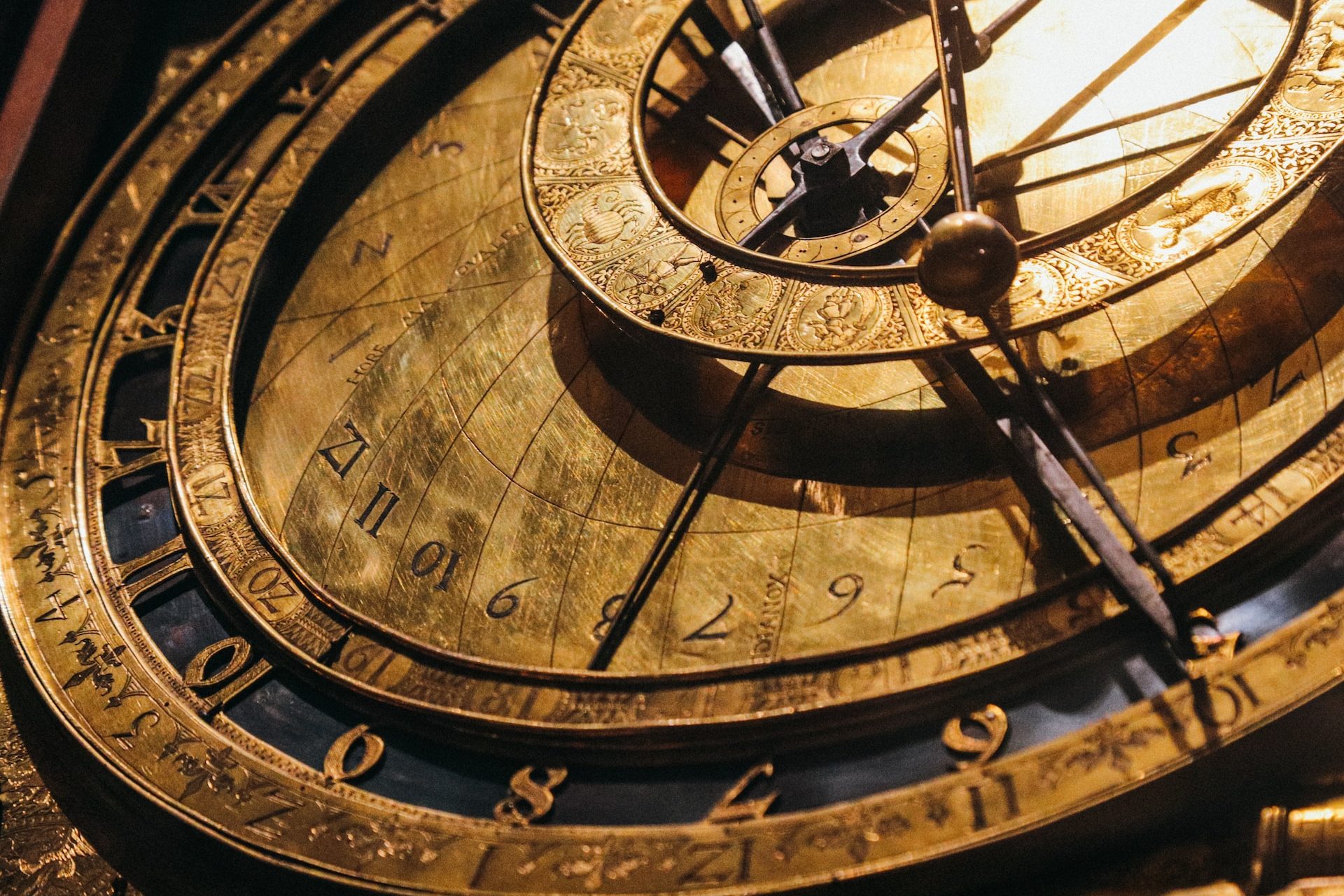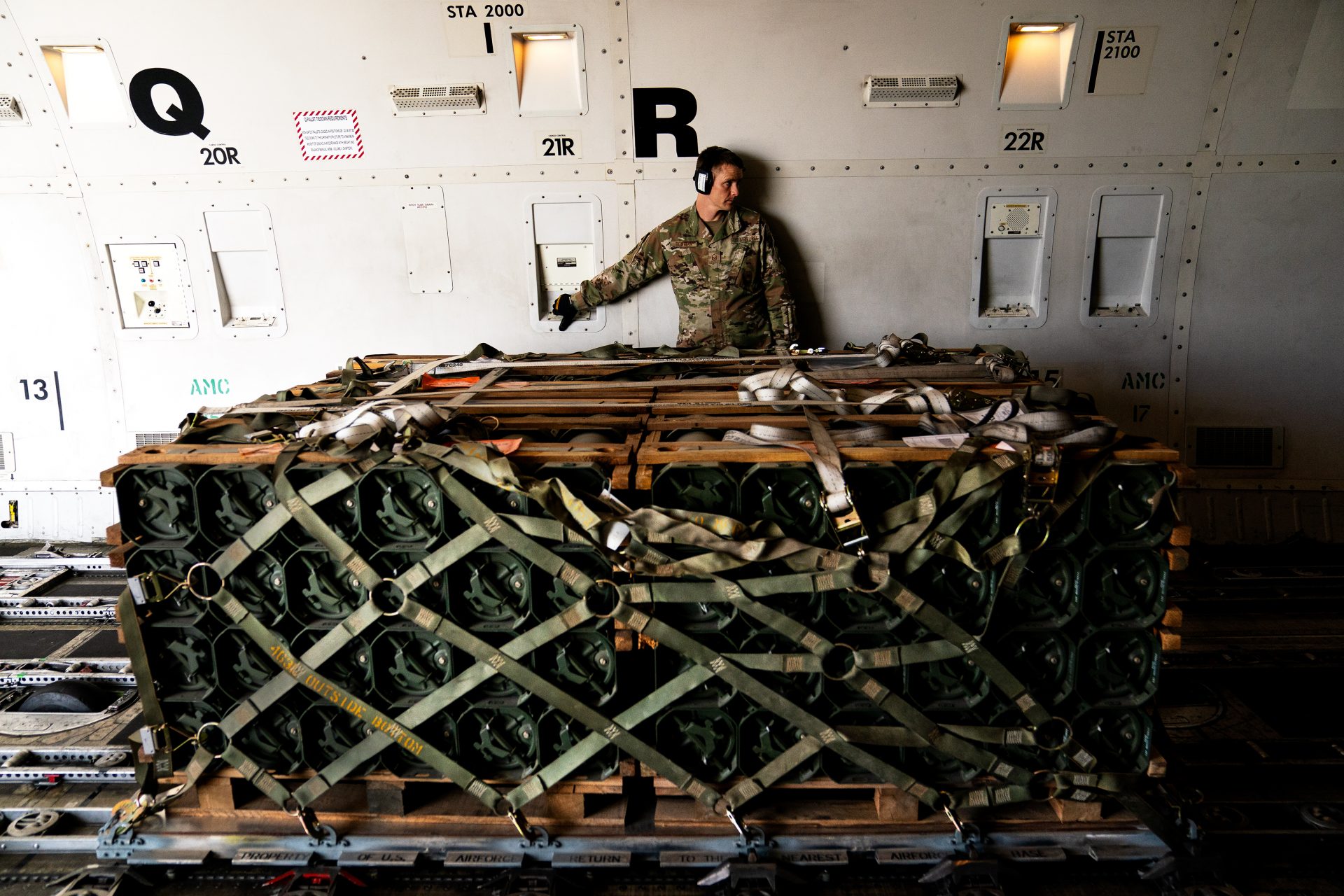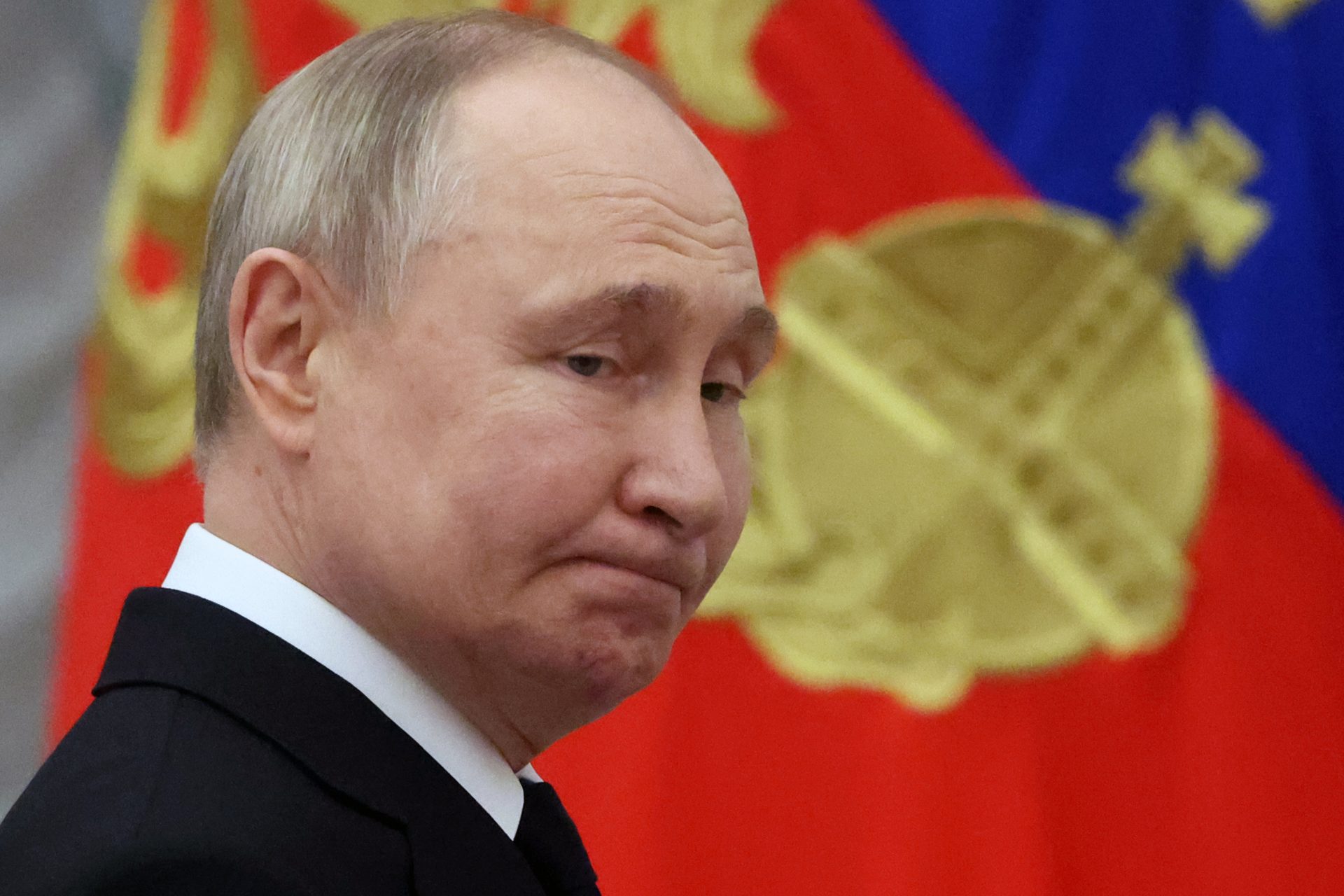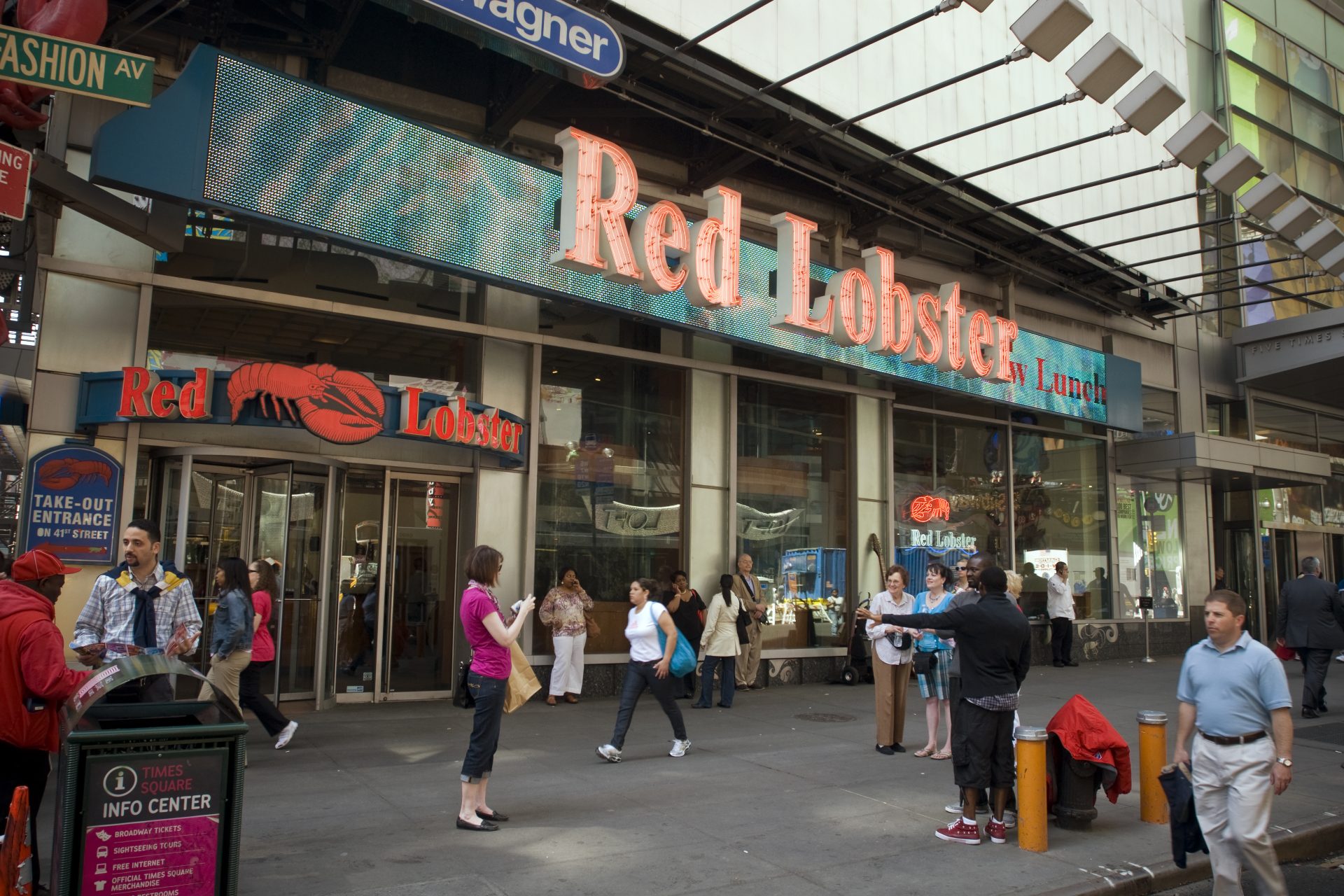Your chances of surviving nuclear apocalypse are greater in these countries
Since the Russian invasion of Ukraine two years ago, and subsequent geopolitical tensions, fears of nuclear war have been in the air, prompting many to question what a nuclear conflict would mean for humanity and the planet.
Any nuclear conflict would have a huge range of devastating consequences, from initial deaths in the direct blasts to the lingering effects of radiation, environmental pollution and famine.
And of course, those in the most resilient nations would stand the best chance of avoiding a pre-industrial collapse. ¿Can you guess which is the safest country to be in in case of nuclear warfare?
Photo: photoholgic/Unsplash
Researchers have found that Australia, followed by its neighbour New Zealand, would be the best placed country to survive a nuclear winter and help reboot a collapsed human civilisation.
Photo: Joey Csunyo/Unsplash
The authors compared 38 island countries on 13 factors they said could predict success as a post-apocalyptic survival state.
Australia and New Zealand, both robust agricultural producers and tucked away from the likely sites of northern hemisphere nuclear fallout, topped the list, with Australia performing best overall.
“Australia’s food supply buffer is gigantic,” the study reads, “with potential to feed many tens of millions of extra people.”
Australia’s relatively good infrastructure, vast energy surplus, high health security and defence budget all aided in putting it at the top of the list.
Photo: Dan Freeman/Unsplash
Australia did have one major factor working against it, however: its relatively close military ties with the UK and US made it more likely to become a target in a nuclear war against Russia.
In this area, New Zealand displayed some advantages, the authors said, with its longstanding nuclear-free status.
Photo: Casey Horner/Unsplash
Its resilience in the event of an abrupt drop in global temperature prompted by a period of darkness (everywhere in New Zealand is relatively close to the ocean, cushioning it from extreme temperature) would also help.
Photo: Rod Long/Unsplash
Other island countries, such as The Philippines, Mauritius and Indonesia would be able to produce enough food in such a crisis, according to the study.
More than 5 billion people, roughly 63% of the world's current population, would die of famine in the aftermath of a full-scale nuclear war, according to a 2022 study.
More for you
Top Stories



